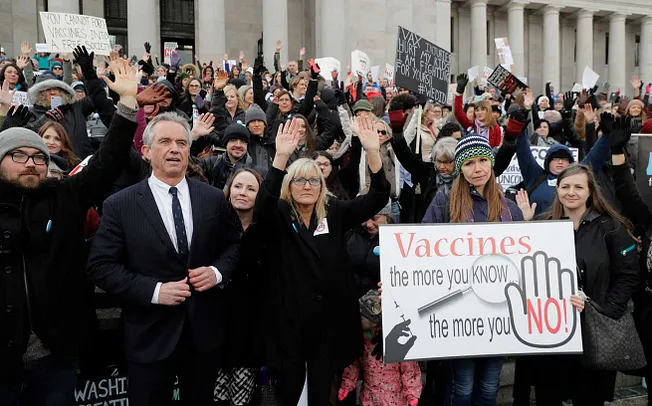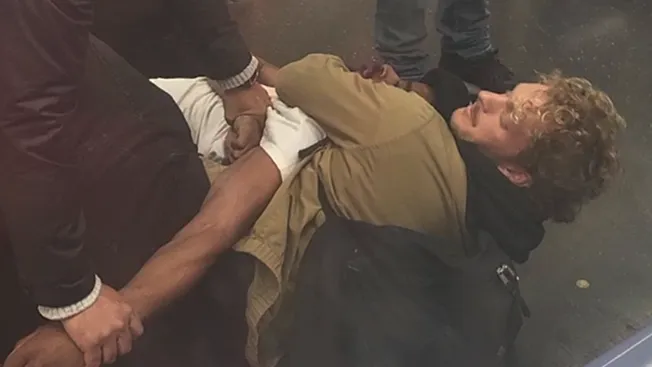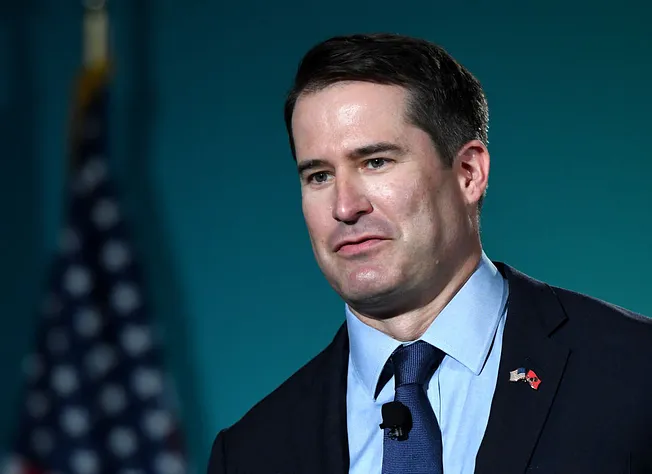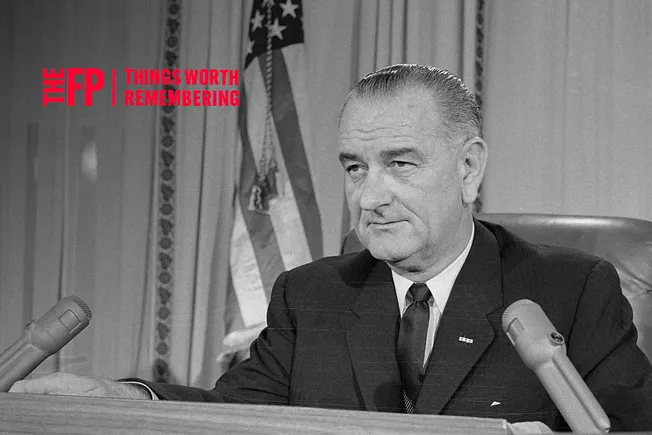When Emily Oster was a kid in the 1980s in New Haven, Connecticut, she grew up on a block with a lot of other children. Every day after dinner, around 6:30, everyone emptied out of their houses and went down to the church parking lot where they engaged in all kinds of unsupervised activities—throwing balls at each other in front of the church wall, climbing up trees and sometimes falling out of them, riding Hot Wheels until people skinned their knees. There was street hockey and there were scrapes. There were a few broken arms.
That experience of playing outside unsupervised in the dark—or walking a mile home from school in kindergarten—is very different from her own children’s experiences, even though they’re growing up in a very similar environment, with very similar parents. They aren’t leaving the house every day after dinner. If Emily had suggested that they walk home from school in kindergarten, even though it’s only a couple of blocks, there’s no chance that would have been met with the school’s acceptance.
Since 1955, there has been a continuous decline in children’s opportunities to engage in free play, away from adult intervention and control. In 1969, 47 percent of kids walked or biked to school, whereas in 2009 that number had plummeted to 12 percent.
How did we get here? What are the consequences of hypervigilant parenting? On kids’ happiness? On their well-being? Their mental health? And on their ability to grow into independent, self-sufficient, and successful adults? And, maybe most importantly, how can we alter this trajectory before it’s too late?
Today, we’re thrilled to introduce our new podcast series: Raising Parents with Emily Oster
If you like what you hear on Honestly, the best way to support us is to go to TheFP.com and become a Free Press subscriber today.
Learn more about your ad choices. Visit megaphone.fm/adchoices











our Comments
Use common sense here: disagree, debate, but don't be a .